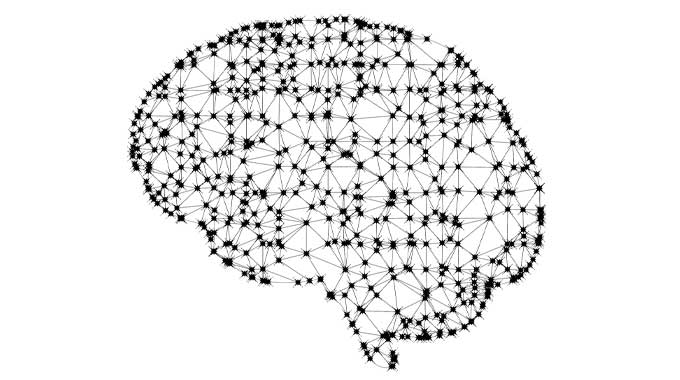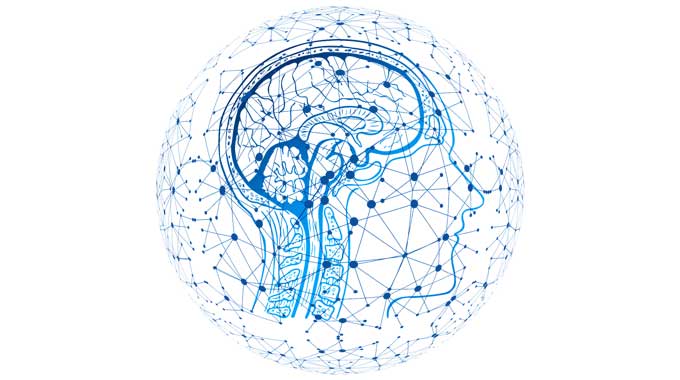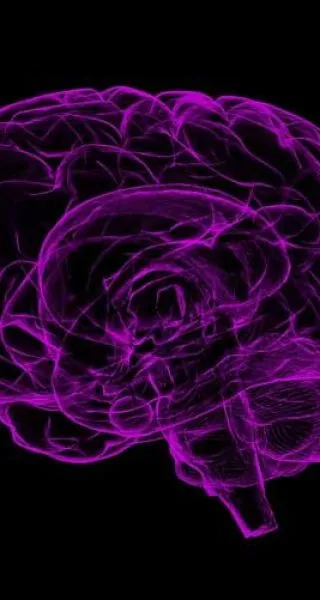Deep transcranial magnetic stimulation (deep TMS) is an innovative, non-invasive brain stimulation therapy that offers an evidence-based, alternative treatment for depression, obsessive-compulsive disorder, and other mental health conditions. It can offer a lifeline for individuals who haven’t responded to or aren’t able to try other types of treatment.
- What Is Transcranial Magnetic Stimulation Tms Therapy
- What Is Deep Transcranial Magnetic Stimulation Tms
- What Is Repetitive Transcranial Magnetic Stimulation Tms
- How Does Deep Transcranial Magnetic Stimulation Work
- What Conditions Can Deep Tms Treat
- How Does Deep Tms Treatment Compare To Other Major Depression Treatments
- Fewer Side Effects
- How Long Is A Standard Course Of Deep Transcranial Magnetic Stimulation
- What Is The Difference Between Traditional Transcranial Magnetic Stimulation And Deep Transcranial Magnetic Stimulation
- Level Of Magnetic Activation
- Treatment Efficiency
- What Are Brain Stimulation Therapies
- GIA Chicago Experts In Tms Therapy
This blog offers information on how deep TMS works, what conditions it can treat, and how it compares to other therapies.
What Is Transcranial Magnetic Stimulation (TMS) Therapy?
Transcranial magnetic stimulation therapy is an evidence-based, non-invasive treatment that uses gentle magnetic waves to stimulate certain brain regions, leading to long-lasting changes in mood and behavior. FDA-approved for treatment-resistant depression in 2008, TMS is an effective treatment for a range of mental health conditions, including anxiety symptoms and obsessive-compulsive disorder. TMS is an outpatient procedure with few side effects and you can fit it around your daily schedule.
What Is Deep Transcranial Magnetic Stimulation (TMS)?
Deep transcranial magnetic stimulation is a type of TMS treatment that uses special “H-coils” to reach deeper, broader areas of the brain, affecting a wider range of functions and mental health conditions. Deep TMS technology allows scientists and therapists to reach deeper brain regions without increasing the intensity of the magnetic pulses, minimizing side effects and discomfort.
Brainsway’s deep TMS therapy is FDA cleared for a range of mental health disorders, including major depressive disorder (MDD), obsessive-compulsive disorder (OCD), short-term smoking cessation, and anxious depression.
What Is Repetitive Transcranial Magnetic Stimulation (TMS)?
Repetitive transcranial magnetic stimulation (rTMS) is a type of TMS that uses repetitive magnetic pulses, rather than a single pulse. Many standard courses of TMS for mental health conditions use repetitive transcranial magnetic stimulation.
How Does Deep Transcranial Magnetic Stimulation Work?
Brain imaging studies show that people who live with mental health conditions often have increased or reduced brain activity in certain regions of nerve cells. These abnormalities may partly explain the symptoms that people with conditions like anxiety, depression, or substance addiction can experience, such as low mood, fatigue, panic, or drug cravings.
Deep TMS treatment works by sending an electrical current through a magnetic coil (H-coil) that is placed over the client’s scalp. This generates a magnetic field that passes through the client’s skull, reaching the target brain areas below. The magnetic energy induces tiny electrical currents in the nerve cells, stimulating their activity.
In general, high-frequency magnetic pulses increase brain activity, while lower-frequency pulses may decrease it. Scientists use randomized clinical trials to assess the most effective frequency for different mental health disorders.

What Conditions Can Deep TMS Treat?
So far, Brainsway’s deep TMS therapy is FDA-approved for:
- major depressive disorder (MDD)
- obsessive-compulsive disorder (OCD)
- short-term smoking cessation
- anxious depression
Studies suggest that TMS can help a range of other conditions, including:
- Alzheimer’s Disease (AD)
- Bipolar Disorder
- Chronic Pain
- Multiple Sclerosis (MS)
- Parkinson’s Disease
- Post-traumatic Stress Disorder (PTSD)
- Schizophrenia
How Does Deep TMS Treatment Compare to Other Major Depression Treatments?
Studies have shown that deep transcranial magnetic stimulation is highly effective in treating major depression. Studies have found that deep TMS treatment improved symptoms of people with treatment-resistant major depressive disorder.
These success rates are similar to or greater than that of antidepressant medications, which lead to symptom relief in 40-60% of people. TMS is also an effective treatment for treatment-resistant depression and can be a lifeline for those who have not responded to medication or other treatment options.
As with medication, most people who receive TMS therapy also work with a psychotherapist to address the underlying causes of their depression.
Fewer Side Effects
Moreover, deep TMS treatment avoids the potential side effects of antidepressant medication, such as low sex drive or weight gain. Deep TMS has very few side effects; the most common are temporary mild headaches and scalp discomfort, which often reduce throughout treatment. While TMS comes with a small risk of seizure, the risk is no greater than that of antidepressants.
How Long Is a Standard Course of Deep Transcranial Magnetic Stimulation?
The duration and frequency of a deep TMS treatment course can vary depending on the condition and the needs of each individual. A standard deep TMS treatment course may consist of around 35 treatment sessions, of about 20-40 minutes in length. A course of theta-burst deep TMS, a newer form of TMS therapy, involves sessions of only 3-10 minutes.
Evidence suggests that it’s the number of treatment sessions that matters, rather than the frequency. A 2018 study found that providing twice-daily sessions can offer the same, if not better, results as once-daily, but in a shorter time. Many treatment providers will adapt the frequency of TMS sessions to suit each client’s schedule.

What Is the Difference Between Traditional Transcranial Magnetic Stimulation and Deep Transcranial Magnetic Stimulation?
There are several key differences between traditional rTMS and deep TMS.
Level of Magnetic Activation
The two forms, rTMS and dTMS, use different equipment and technologies, producing different kinds of magnetic fields. While the magnetic pulses from traditional rTMS only reach about 0.7cm into the brain, the pulses from dTMS can reach about 3.2cm. This means it can directly target structures deeper in the brain.
Deep TMS also is wider in scope, meaning it stimulates a much larger mass of brain cells and is less likely to miss relevant brain pathways than traditional TMS.
Treatment Efficiency
A 2019 study found that deep TMS produced significantly better response rates than traditional TMS amongst patients with major depressive disorder. While there was no significant difference in remission rates between the treatments, both treatments had significantly higher rates than the control group.
What Are Brain Stimulation Therapies?
Brain stimulation therapies use electricity to directly affect brain activity. Brain stimulation therapies can be invasive (requiring surgery) or non-invasive. There are several different types of brain therapy, including:
- electroconvulsive therapy
- deep brain stimulation
- direct current stimulation
- vagal nerve stimulation
- transcranial magnetic stimulation
Transcranial magnetic stimulation therapy is a noninvasive brain stimulation therapy. Moreover, unlike electroconvulsive therapy, it doesn’t require anesthetic and clients can resume activity immediately after a treatment session.
GIA Chicago: Experts in TMS Therapy
GIA Chicago is a pioneering mental health treatment center that specializes in TMS therapy. Our individualized treatment programs apply the latest advances in scientific technologies to each client’s recovery plan, ensuring they receive the very best treatment available. We’re fully invested in each client’s journey, offering one-to-one support as they rediscover the best version of themselves.
Our Chief Scientific Officer, Dr. Bonci, is a world leader in the field of TMS treatment, co-authoring several ground-breaking papers on TMS as a treatment for addiction and other mental health conditions. We offer deep TMS therapy for a range of disorders, including obsessive-compulsive disorder, bipolar disorder, and substance use disorders. We’re always ready to share our unequaled expertise with you and can answer any questions you may have about TMS treatment.
If you’re interested in TMS therapy or other scientifically-founded mental health treatment, contact us today. We’re here to help you reach your full potential.





